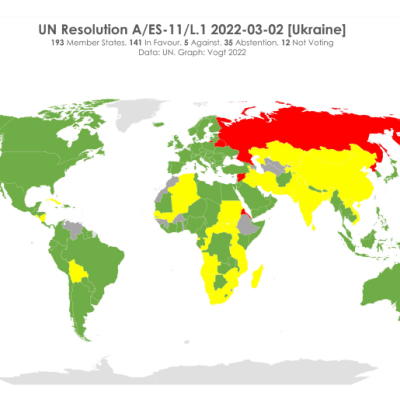The dangerous construction of national, religious and moral identities in the Ukrainian War

All claims expressed in this article are solely those of the authors and do not necessarily represent those of their affiliated organizations, or those of the publisher, the editors and the reviewers. Any product that may be evaluated in this article or claim that may be made by its manufacturer is not guaranteed or endorsed by the publisher.
The Russian invasion of Ukraine violates fundamental norms of international law and is at the same time an attack on the order of values of liberal democratic societies. The long prepared, ideologically based aggression was massive underestimated. In the foreground of the war are not rationally comprehensible interests, but identity-related conflicts of recognition with their very own grammar of uncompromisingness and power dynamics. For Russia, Ukraine and Europe, the scholarly reappraisal of the highly divergent identity constructions is of central importance. The theological critique of a nationalist-identitarian-political use of the Christian faith is an important peace service that the churches have to perform.
How to Cite

This work is licensed under a Creative Commons Attribution 4.0 International License.
Copyright (c) 2023 The Author(s)
PAGEPress has chosen to apply the Creative Commons Attribution NonCommercial 4.0 International License (CC BY-NC 4.0) to all manuscripts to be published.

 https://doi.org/10.4081/peasa.15
https://doi.org/10.4081/peasa.15



